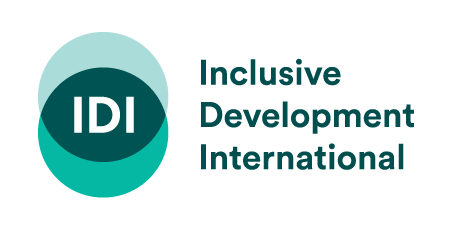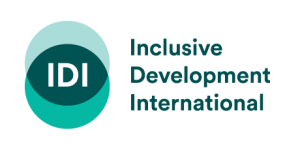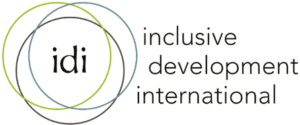(Asheville) – In a report released today, Inclusive Development International (IDI) and the Centre for Research on Multinational Corporations (SOMO) called upon the World Bank to reassess a new approach to handling complaints that its accountability mechanism began piloting in 2014.
In early 2014, the World Bank Inspection Panel added a new tool to its operating procedures known as the “Early Solutions approach.” Through this process, the Panel plays a passive problem-solving role, giving the World Bank and project affected people additional time to resolve grievances before the Panel decides whether or not to register the Request for Inspection. The approach is a response to the limitations of the Panel’s mandate and the challenge presented by the fact that compliance investigations have sometimes not been conducive to the rapid redress of harms.
The Early Solutions approach was first piloted in a case in Lagos, Nigeria in which some 9000 people were forcibly evicted from the Badia East urban poor settlement.
IDI and SOMO undertook an in-depth evaluation of the Lagos pilot because this process has a serious bearing on access to remedy for people affected by Bank-supported projects and thus deserves careful examination. Based on empirical research, the report evaluates the fairness of the process used in Lagos and whether the outcomes were in the best interests of affected people and consistent with World Bank safeguard policies.
Contrary to the Panel’s determination, our analysis shows that none of the three criteria set out in the Inspection Panel’s Operating Procedures for initiating the Early Solutions approach were fully met. Once the pilot was initiated, neither the Panel nor Management played an effective role in ensuring that the remedial process would be fundamentally fair in a context of asymmetric power relations and in which the affected people were highly vulnerable. One year after the case was closed, 89% of the pilot beneficiaries whom we interviewed said they did not feel that the remedial process, as they experienced it, was fair. Respondents stated that they felt forced to agree to the remedial compensation package because they were in desperate situation, not because they felt the payments were fair. Almost 95% of persons compensated said the payment was not enough to restore them to their pre-demolition situation.
In terms of the outcomes of the process, IDI and SOMO’s findings contrast starkly with the Panel’s claim at the time it closed the case that the pilot was “both efficient and effective at redressing the grievances of affected people.” Most disturbingly, one year later nearly a third of interview respondents – who were ‘beneficiaries’ of the pilot – remained homeless. Almost all reported earning less than before the demolitions took place and 97% of respondents described their present work as “worse” or “much worse” than before the demolition. The outcome of the pilot did not come close to achieving any of the objectives World Bank’s Involuntary Resettlement Policy.
The report makes several recommendations for improving institutional accountability and ensuring effective remedies for people harmed by World Bank-financed projects. In particular:
- Any problem-solving processes between Requestors, the Bank, and its client should ensure the application of predictable rules and a range of protections to ensure fairness, recognizing the power imbalances that exist between the Bank, its clients and affected people, who are often poor and vulnerable.
- The decision to use a problem-solving process should not preclude a policy compliance investigation, either at the same time or following the conclusion of the problem-solving process where simultaneous processes are not feasible.
- The World Bank’s safeguard policies should form the basis of problem-solving processes.
- Evaluations of other Early Solutions pilots and similar cases should be conducted, alongside a broader study on the effectiveness of dispute resolution processes in the public sector context, before moving forward with the establishment of any new grievance redress mechanisms or processes.
Finally, and most urgently, the Bank should use its ongoing budget support relationship with the Lagos State Government to implement a comprehensive plan to restore and improve the livelihoods and living conditions of the victims of Badia East evictions in line with the objectives of the Involuntary Resettlement Policy and basic human rights standards.
Download the full report here.


